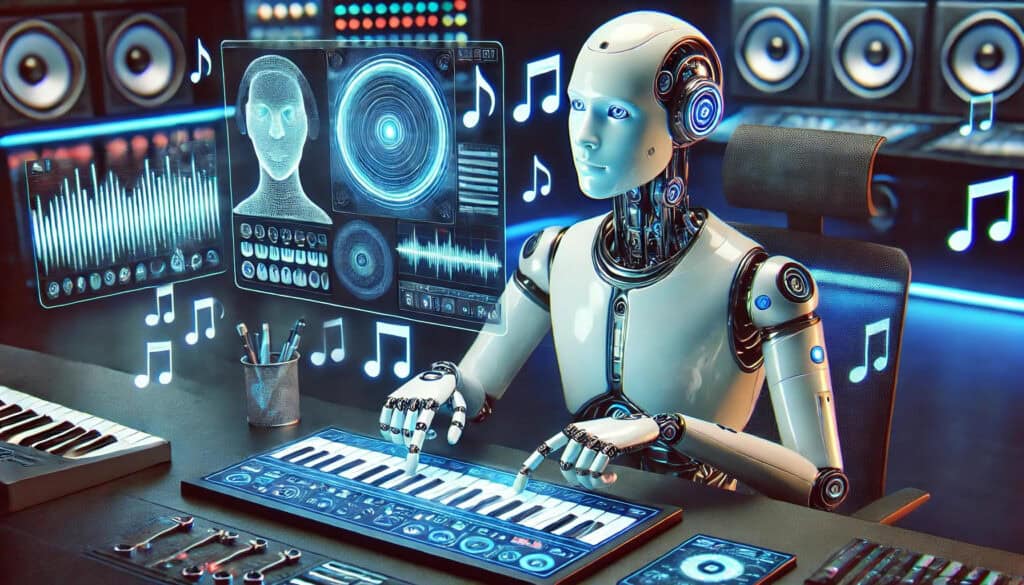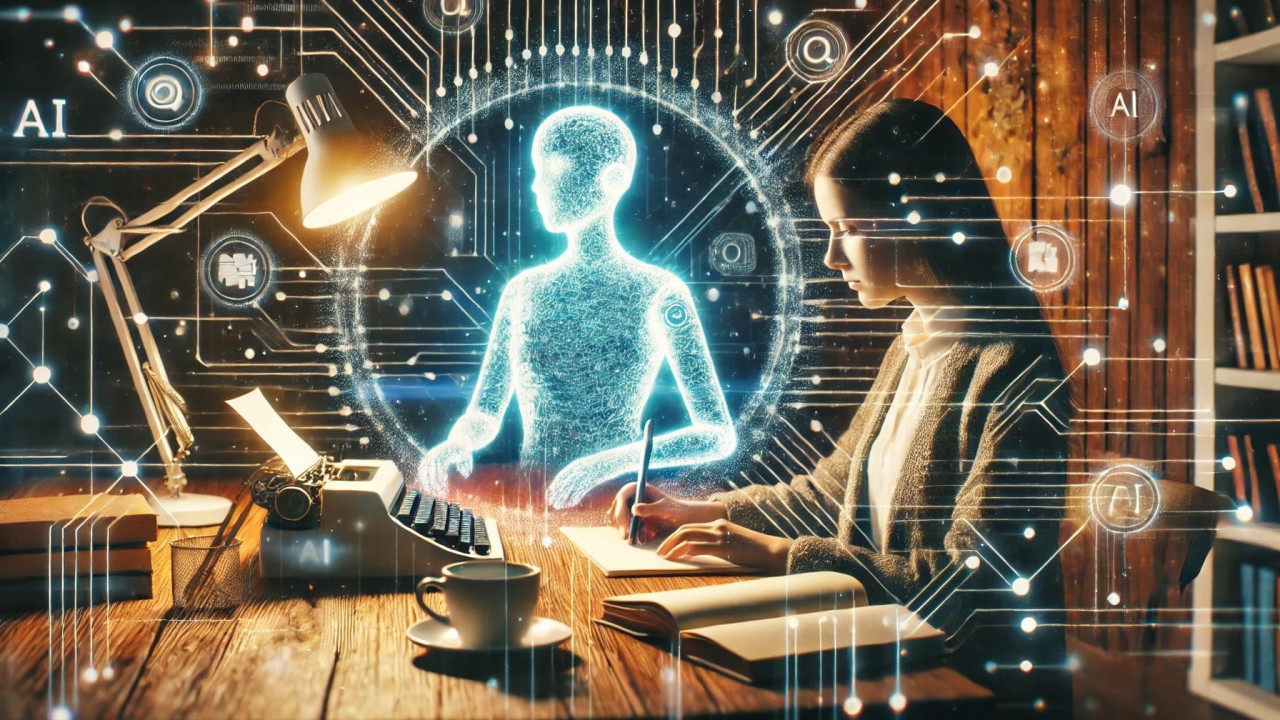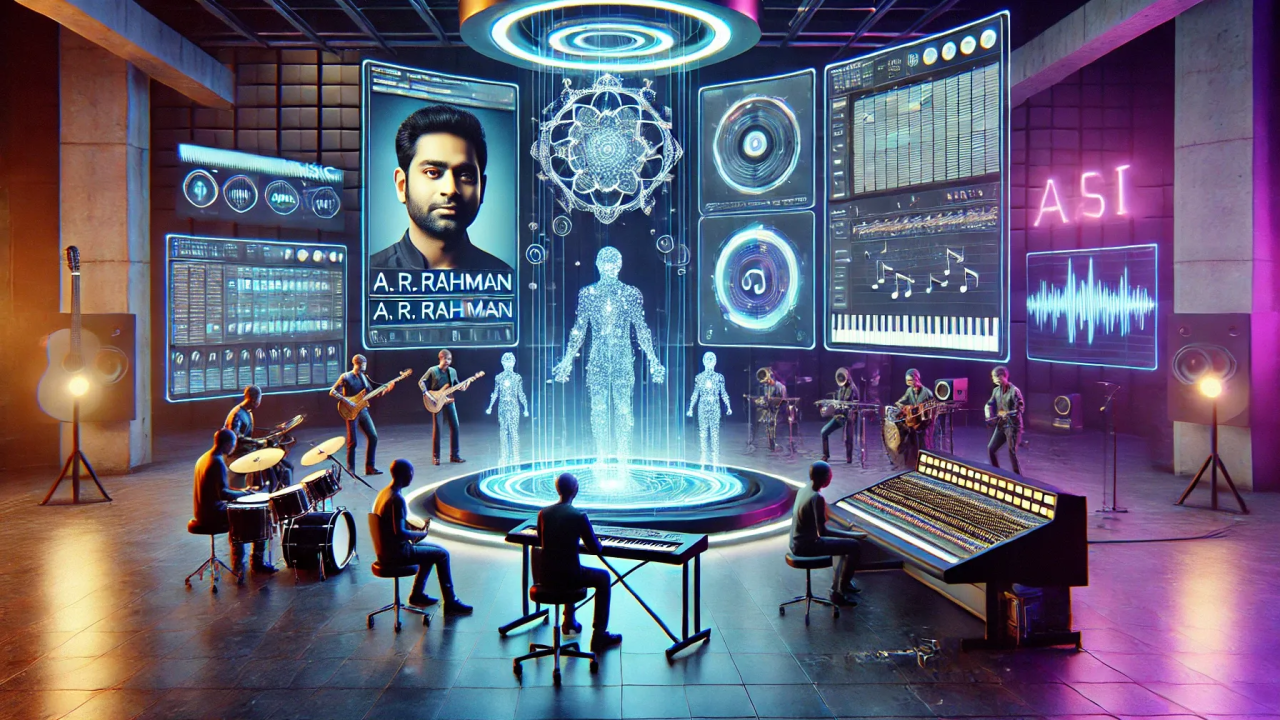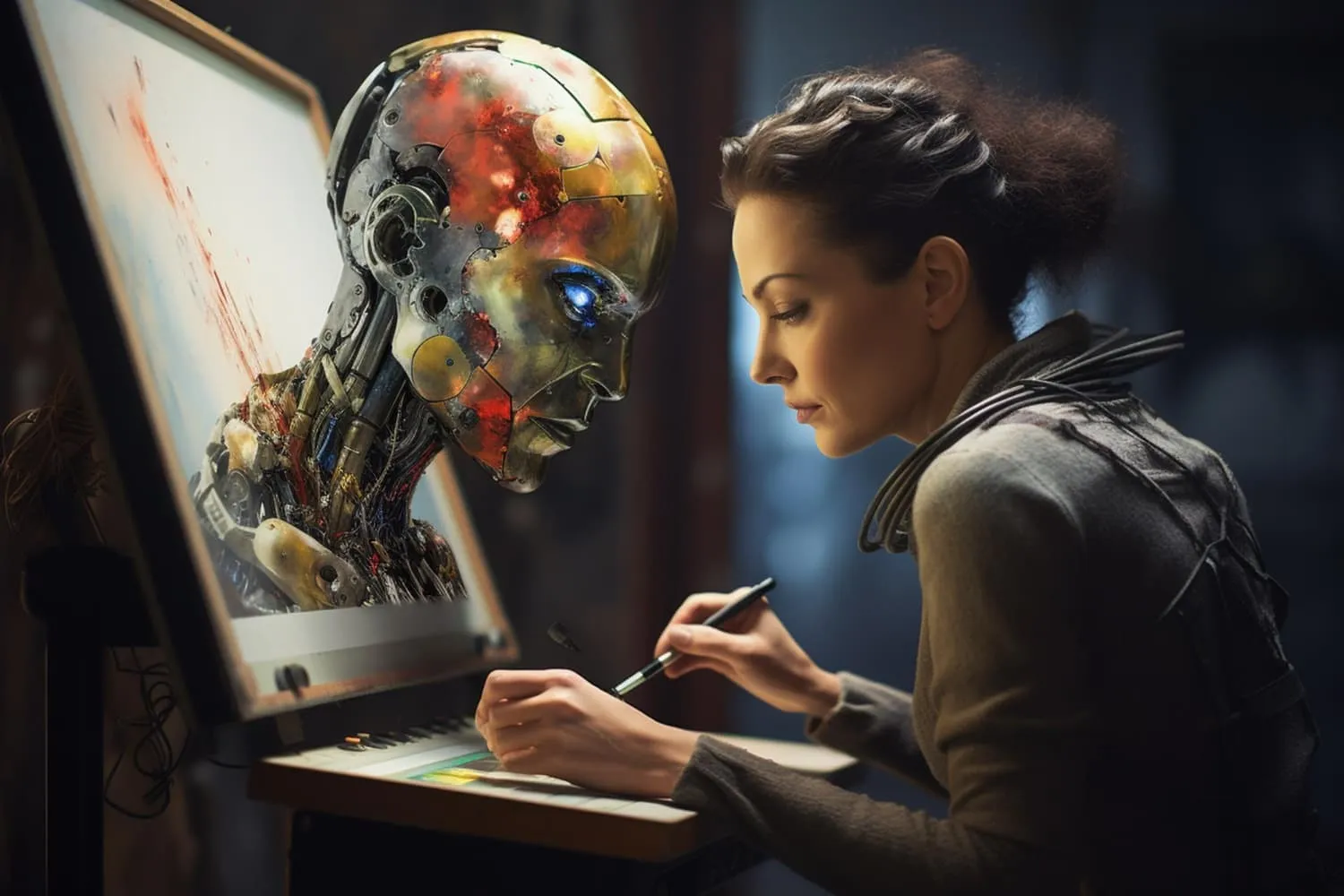Artificial Intelligence (AI) is revolutionizing the music industry, offering new tools for composition, performance, and distribution. However, while AI opens up creative possibilities, it also brings several challenges that impact musicians, audiences, and the industry as a whole. Understanding these drawbacks is essential as we navigate the evolving relationship between AI and music.
What Are the Drawbacks of AI in Music?
AI in music involves using machine learning models to compose melodies, generate lyrics, mimic instruments, and even analyze listener behavior. While AI-generated music can be impressive, it raises critical concerns about creativity, ethics, and authenticity.
Key Challenges of AI in Music
Loss of Human Emotion and Expression
One of the most significant criticisms of AI-generated music is the lack of emotional depth. Human musicians draw from personal experiences, emotions, and cultural contexts—elements that AI cannot replicate. As a result, AI-generated songs may sound technically accurate but feel emotionally hollow.
Threat to Human Musicians
With AI tools capable of composing, producing, and even performing music, there’s concern that human musicians, especially independent or lesser-known artists, may struggle to compete. This could lead to reduced opportunities and financial instability for creators.
Copyright and Ownership Issues
When AI creates a song, who owns it? Is it the developer of the algorithm, the user who prompted the output, or the AI itself? These questions complicate the legal landscape of music rights, particularly if the AI is trained on copyrighted material.
Imitation Over Innovation
AI often learns from existing music datasets, which can result in compositions that sound derivative or overly familiar. Instead of pushing musical boundaries, AI may reinforce existing styles and limit the diversity of sound and innovation.
Bias in Training Data
If AI models are trained on datasets lacking diversity, they may unintentionally ignore or undervalue certain musical genres, cultures, or traditions. This can lead to homogenized outputs that overlook the rich variety in global music.
Ethical Concerns
AI can mimic the style of well-known musicians, raising questions of imitation, exploitation, and consent. Using AI to replicate a deceased artist’s voice or compose in their style may be seen as unethical or disrespectful.
Conclusion
AI is reshaping the music industry with new capabilities, but it’s not without its flaws. From concerns about emotional authenticity to legal and ethical complexities, the drawbacks of AI in music highlight the need for thoughtful implementation. As we embrace AI’s role in music, it’s essential to protect human creativity, ensure fair use, and maintain the emotional and cultural richness that defines the art of music.







Leave feedback about this